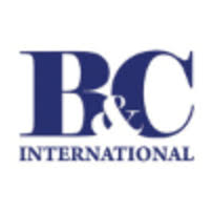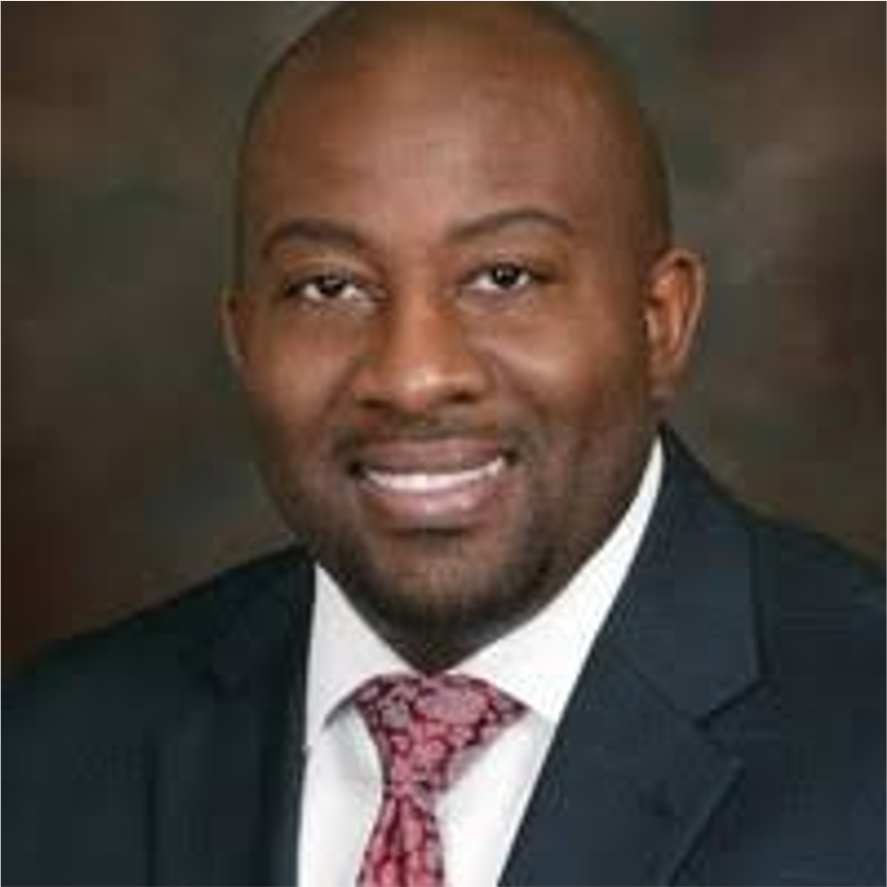
United States Driven Business Resource Center Concept Note
Kigali, Rwanda
B&C International, the oldest black-owned global strategy consulting firm in the U.S. has consistently advised and worked with African leaders such as the late President Nelson Mandela; corporations and businesses expanding to the U.S.; and industry associations focused on economic development. For decades B&C has continued its active role in helping U.S. businesses and corporations expand to the continent of Africa. To drive job creation, their engagements typically target high growth sectors and include sector-focused training to advance industry specific skills requirements. B&C’s recent engagements developing campaigns for African small businesses seeking to secure U.S. based customers have led to the creation of over 4,000 direct industry jobs, approximately 12,000 indirect jobs, and the skills training of tens of thousands. In addition to its for-profit activity, philanthropically, it has shipped over 5 million books to the continent of Africa to supply nearly 200 libraries. Most recently, in March of 2020, B&C and South African private sector partners opened a multi-use facility that houses a library, skills training academy, and a call center in Umlazi, South Africa.
There is an immense motivation to transform commercial engagement between the United States and the continent of Africa. Once accepted as a relationship that prioritized aid, there is a ready shift to expand the opportunities of two-way trade and self-sustainability. The year 2020 follows a year of events associated with the symbolic Year of Return which marked the arrival of the first slave to the US and the 50-year anniversary of the establishment of the Minority Business Development Agency (MBDA). As both the U.S. and Africa develop strategies to economically rebound from the devastating impacts of the Covid-19 global pandemic, it becomes clear that a strengthened U.S. – Africa agenda will play a pivotal role in discussions on reversing longstanding economic challenges, wealth inequality, the evolution of global economies, and national security. Historically, U.S. and African governments have consistently discussed and committed to increasing opportunities for bilateral trade and investment. However, the resultant damage from this health-induced global recession, will most likely intensify the need for new global strategies, allies, and trade partners. Commonly overlooked in the plan to boost U.S. – African trade and commercial engagement is the opportunity for Africa’s Diaspora to be positioned as a cornerstone to transatlantic economic partnerships.
The success of this project is concept proof for upcoming social and economic impact multi-use facilities throughout the continent of Africa. The insight B&C has gained from decades of developing new market expansion strategies for businesses and corporations that desired to globalize, has created a practical awareness that common access to international supply chains, on-the-ground resources, and transatlantic mentorship platforms are limited. The Kigali, Rwanda iteration of this concept has been enhanced specifically to broaden the number of market sectors and to enable an increase in U.S. – Rwandan exports and imports. This will be achieved by expanding the objectives of this impending Rwandan facility with a business resource center designed to foster U.S. – Rwandan small, medium, and micro enterprise (SMME) collaborations.
The overarching aims of this business resource center are to:
1) create a public private sector ecosystem to increase trade and investment between small businesses in the United States and Rwanda;
2) reduce the proximity to information that will enable greater occurrences of transatlantic collaborations and joint ventures among U.S and Rwandan small businesses;
3) provide a means for U.S. corporations to validate their presence in Rwanda by offering real opportunities in their supply and logistics chains;
4) integrate the assets of groundbreaking, pan-African led regulatory sandboxes targeted at high growth startups open to novel financing approaches or innovative exits; and
5) reframe the narrative for integrating small businesses into the global economy.
What makes this unique from other initiatives intended to advance U.S. – Africa relations is our approach to driving American and African prosperity by fostering the global growth and competitiveness of both diaspora’s black business enterprises. B&C’s collaborations, strategic partnerships, memorandum of understanding agreements are an ecosystem that understands the changing needs of small businesses, has access to the corporate strategies of large corporations, and the economic priorities of government.
Global lockdowns quickly created a new normal that has not only highlighted the need for digitalization but has opened the door for reevaluating the value and potential of African markets to the United States. The mortgage induced financial recession of 2008 ultimately set the stage for 8 of today’s top 10 global companies. Like the previous recession, this health-induced economic downturn has accelerated the urgency for small BIPOC businesses to deploy innovative ideas that will allow them to leapfrog legacy process steps to doing business locally and globally.
Our disruptive proposition is that integrating small businesses into traditional B2B and B2B2C transactions will reframe commonly accepted positions that business globalization is reserved for midcap and White-owned-and-led enterprises. The impact of the global COVID-19 pandemic has accelerated the need to create new pathways to growth for the small BIPOC businesses that have remained operational. To reconceptualize small BIPOC business globalization in this manner we have brought together academic, industry, and government leaders to innovatively work together to create new strategic opportunities to grow small BIPOC businesses.
SCALING:
IN ORDER TO INCREASE THE WEALTH OF BLACK AND BROWN POPULATIONS GLOBALLY, AND REACH RACIAL EQUITY, THERE WILL NEED TO BE A DIFFERENT MODEL FOR HOW THOSE COMMUNITIES ENGAGE IN ECONOMIC TRADE. SIMILAR TO MANY LOCAL ECONOMIES, BLACK POPULATIONS ARE CONSISTENTLY LEFT OUR OF THE ECONOMIC MAINSTREAM. THIS MODEL CAN SCALE FROM AFRICAN COUNTRY TO AFRICAN COUNTRY, IN UNISON WITH AFRICAN-AMERICAN BUSINESS GROWTH AND EXPANSION, CREATING A MUTUALLY BENEFICIAL ECONOMIC GROWTH OUTCOME.

Larry Yon
Chief Operating Officer - B&C International, Inc